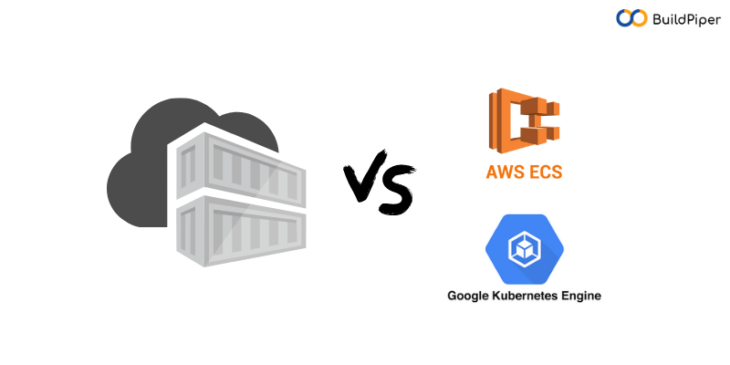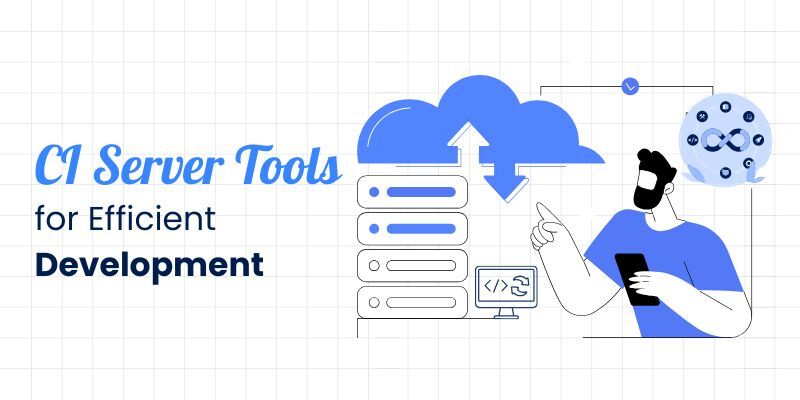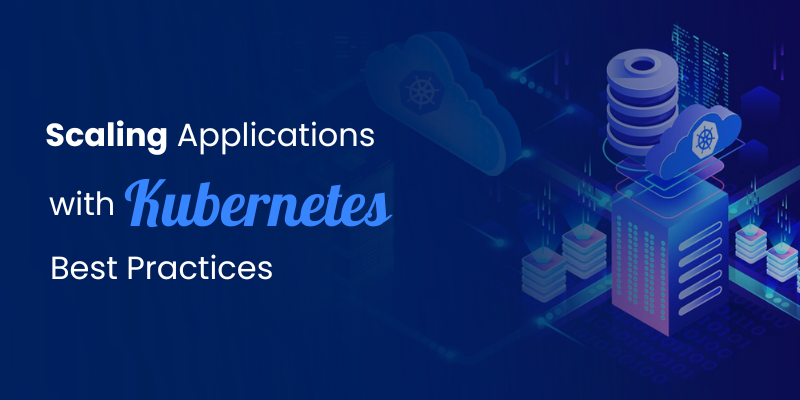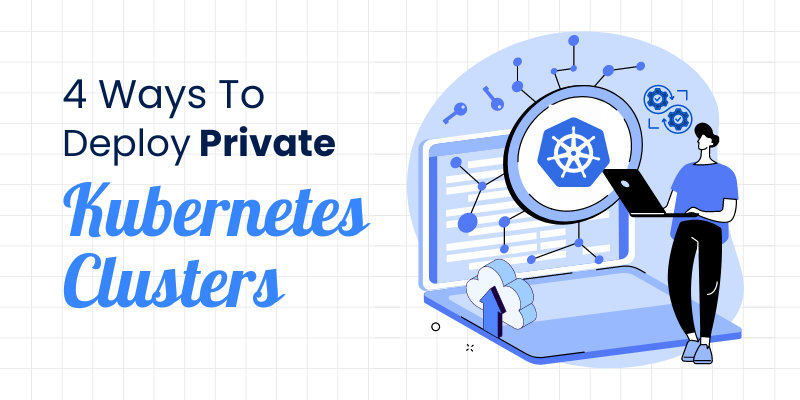
Container adoption is significantly increasing across various modern use cases, but it’s not a simple plug-and-play. Adopting containers becomes highly complicated, especially when it comes to executing them at scale as most enterprises have only limited skills and capabilities.
Many leading companies believe that Kubernetes is the first step to building scalable modern applications and they are adopting K8s to overcome container adoption barriers.
Spotify is one of these. Leveraging Kubernetes benefits, Spotify has observed significant cost-saving values as described in this case study. It has seen 2-3x CPU utilization by using the orchestration capabilities of K8s, resulting in better spend optimization.
Besides Kubernetes which can help to manage, deploy & scale containers, ECS is another container orchestration service available in the market today.
Let’s talk about ECS, Kubernetes, and some other stronger alternatives, like a BuildPiper platform, that makes Kubernetes, microservices application ready with Managed Kubernetes and much more!
What is Kubernetes?
Kubernetes is an open-source platform for container orchestration. Originally developed by Google, Kubernetes is widely adopted by enterprises for managing containerized workloads. Automated rollbacks for containerized applications, self-healing for Kubernetes clusters, secrets, and configuration management are some of the primary Kubernetes benefits.
What is ECS?
Amazon Elastic Container Service (ECS) is a container orchestration service to scale, deploy and manage containerized applications. ECS enables developers to deploy and manage scalable applications running on a group of servers called Clusters – through application program interface (API) calls and task definitions.
Kubernetes and ECS- Key Differences
We bring to you some of the major differences between ECS and Kubernetes. An analysis of these differences can help you decide the right container orchestration platform for your business.

ECS Challenges
ECS has gained some popularity, but it also has a few limitations. Here are a few ECS challenges.
- Vendor lock-in: The containers can only be deployed on Amazon. Also, ECS can only manage containers that it has created.
- Limited Storage: One of the major ECS challenges is the fact that external storage is limited to Amazon, including Amazon EBS.
- Validated within Amazon: ECS is not publicly available for deployment outside Amazon.A large part of the ECS code is not publicly available: Only some of the parts of ECS, such as AWS Blox, a framework to build custom schedulers, is open-source.
What Should You Choose?
Between the challenges of ‘needing a highly-skilled team’ for Kubernetes to ‘vendor lock-ins & other limitations’ of ECS, what should one choose? One such platform could be BuildPiper, which not only enables Managed Kubernetes across Multi/hybrid clouds but also enables the entire microservices journey of an application, for which you require Kubernetes in the first place.
With “Managed Kubernetes’’ embedded as one of the core features, BuildPiper enables production-grade clusters in the most hassle-free manner. Parallelly, it takes care of security, observability and compliance of the cloud infrastructure and makes Kubernetes- Microservices application ready!
While additionally providing the developers with the complete ability to manage microservices for build & deployment, environment creation, automated security & governance and enterprises with the ability to get containerised code from a developer’s workstation to the production environment in under a day and enable managing it seamlessly there!
BuildPiper is an End to End Microservices Delivery Platform.



